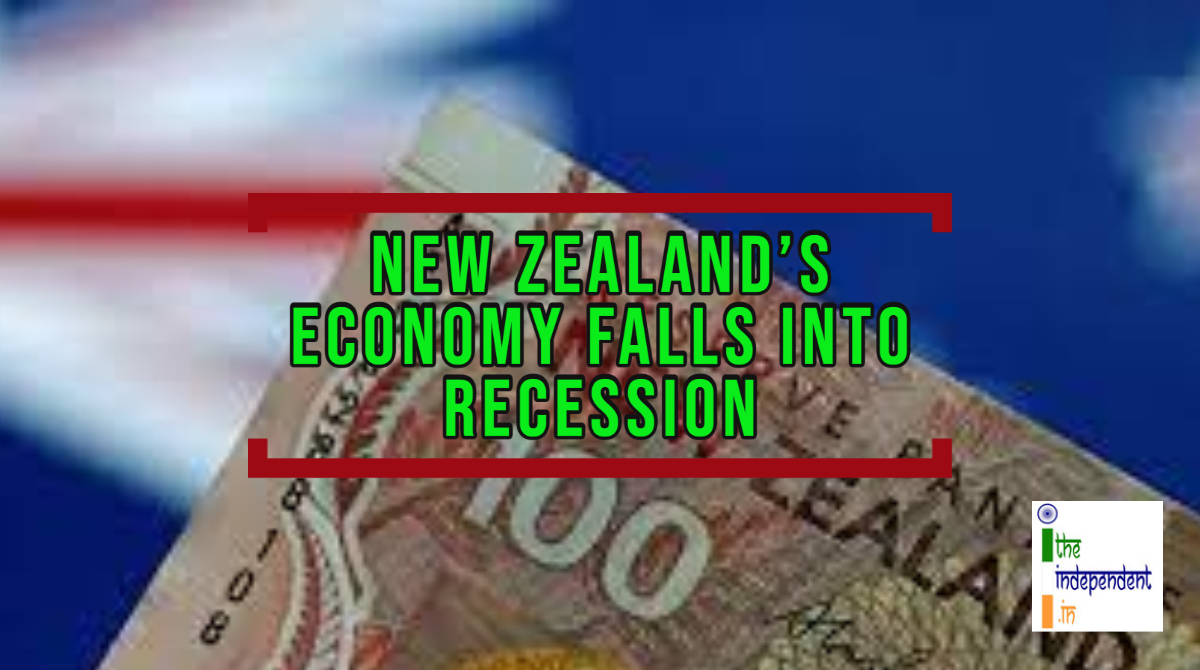
New Zealand’s GDP is falling and unemployment is at a record low confirming recession
New Zealand’s economy has fallen into recession after the Reserve Bank of New Zealand (RBNZ) aggressively raised the interest rates to a 14-year high.
New Zealand’s Gross Domestic Product (GDP) fell by 0.1% in the first three months of the year. This followed a 0.7% contraction in the previous quarter, which means the economy is in a technical recession.
Unemployment at 3.4% remains near a record low, while tourism is recovering more rapidly than expected. At 6.7%, inflation remains way above the RBNZ’s 1-3% target band.
The RBNZ has increased the cost of borrowing sharply since October 2021 to tackle inflation. New Zealand was among the first countries to raise the rates after Coronavirus (COVID-19). In May 2023, the RBNZ increased its primary interest rate to 5.5%.
People in New Zealand, who were already facing rising prices, now feel the impact of higher rates as mortgage repayments and the cost of other loans jump.
The RBNZ had predicted 0.3% growth in the first quarter and a shallow recession in the second and third quarters. The Treasury Department, in May 2023, budget withdrew a forecast for three straight quarters of contraction this year, saying tourist arrivals, cyclone recovery work and government spending would support growth.
Confirmation of a recession comes four months before the General Election on October 14, 2023, which will be driven by the high cost-of-living and the economic downturn. The ruling Labour Party, seeking a third term in office, is neck-and-neck with the main opposition National Party in the latest opinion polls.
Speaking on the occasion, an Auckland-based Web Engineer – David Jordan said, “Interest rates are crippling. I have seen many job losses in my industry as start-ups try to save money, though consultancies working with big global firms seem to be faring better.”
Central banks worldwide increased the cost of borrowing as they tried to curb price rises that were triggered as economies opened up after the COVID-19 lockdowns. Due to the Ukraine war, inflation was also driven higher by the rising cost of everything from fuel to food.
In the first three months of this year, Cyclones Hale and Gabrielle and teachers’ strikes also impacted New Zealand’s economy. The adverse weather events caused by the cyclones contributed to falls in horticulture and transport support services and disrupted education services.
Prior to this, in May 2023, RBNZ said it was done hiking rates after lifting its Official Cash Rate to 5.5%, but it doesn’t expect to start cutting them until the third quarter of next year. The full impact of its tightening is still to be felt as many households have yet to roll mortgages onto higher interest rates.







